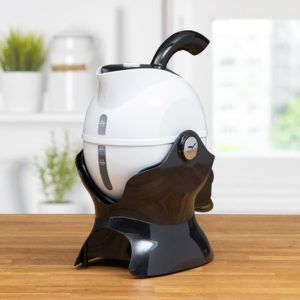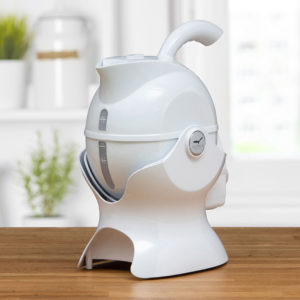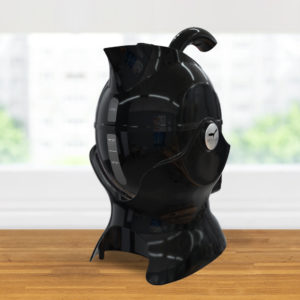Arthritis is a common condition that causes pain and inflammation in the joints. It can affect people of all ages, but it commonly seen in older adults. Arthritis often worsens with age, but various treatment options are available to help you manage symptoms and improve quality of life. These include medication, exercise and physical therapy.
”Knowing the common symptoms of arthritis and how to treat them is essential to living a comfortable and active life despite the condition. While there is no cure for arthritis, proper management can significantly reduce discomfort and improve overall well-being”
-Layla Colling, a rheumatologist consultant at Health Hero Life
If you or someone you know is living with arthritis, it is important to be aware of the common symptoms and how to manage them. Here are 5 of the most common symptoms of arthritis and how you can treat them.
Joint Pain & Stiffness
Inflammation causes by arthritis can lead to joint stiffness and difficulty moving the the affected joint or joints. How this symptom affects you is when you have limited range of motion or a feeling of ‘tightness’ in the joint. Treatment options for join pain and stiffness can include:
- Medication
- Physical Therapy
- Hot/Cold therapy
- Lifestyle changes
Swelling & Inflammation in the Joints
With an auto-immune conditions like rheumatoid arthritis, your immune system mistakenly attacks it’s own body. This can all lead to swelling and inflammation and can cause pain, stiffness and limited movement of the affected area. Over time, continued inflammation can also damage the surrounding cartilage and bone.
There are a variety of treatment options available for inflammation and swelling. They can include:
- Taking nonsteroidal anti-inflammatory drugs (NSAIDs)
- Steroid injections
- Physical therapy
- Surgery to repair or replaced damage joints
Talking with your doctor about the best treatment plan for your specific case is essential. Additionally, practicing healthy habits such as maintaining a healthy weight and exercising can help you to reduce inflammation and swelling in the joints.
Limited Range of Motion & Difficulty with Daily Tasks
As your joint becomes inflamed ad swollen, the surrounding muscles and tissues can also become affected. This often leads to limited range in motion in the affected area, making it difficult to perform daily tasks such as dressing, cooking, cleaning etc.
In severe cases, arthritis may even cause difficulty walking or gripping objects. These symptoms can vary depending on the type and severity of arthritis but commonly affect joints in the:
- Hands
- Knees
- Hips
There are various approaches that can be taken to help you cope with a limited range of motion and difficulty with daily tasks due to arthritis. Some suggestions include utilising assistive devices and daily living aids such as:
- Grab rails
- Canes
- Grip mats to help with grip
- A tipping kettle like our Uccello Kettle
- Joint friendly exercises
- Taking hot/cold baths to provide temporary relief
- Weight management to reduce strain on the joints
Fatigue & Weakness
Fatigue and weakness can occur due to the physical strain that arthritis puts on the body. The constant joint pain and stiffness can make even the simple tasks exhausting. This can lead to increased fatigue and weakness. In addition, certain medications used to treat arthritis can also cause fatigue and weakness as a side effect.
Treating fatigue and weakness due to arthritis may involve adjusting the treatment plan for the underlying condition. This could include switching to different medications with fewer side effects or incorporating alternative therapies such as massage or acupuncture.
Flares or Sudden Worsening of Symptoms
Many forms of arthritis (including rheumatoid arthritis and osteoarthritis) involve inflammation in the joints. This inflammation can come and go in waves, or ‘flare‘ causing sudden worsening symptoms such as joint pain, stiffness and swelling. These flares can be triggered by various factors, including stress, cold weather and certain medications.
Treatment for arthritis flares may include anti-inflammatory medications, pain relievers, hot or cold therapy, and rest. Incorporating lifestyle changes such as regular exercise, stress management techniques and a healthy diet can also help to reduce the frequency and severity of flares.
Don’t Let Arthritis Stop You From Living Your Best Life
While there may be challenges and discomfort associated with arthritis, it does not have to stop you from living a fulfilling life. We are here to support you in your journey with arthritis whether it be with our daily living aids like the Uccello Kettle and helpful information around living with arthritis.













Leave a Comment